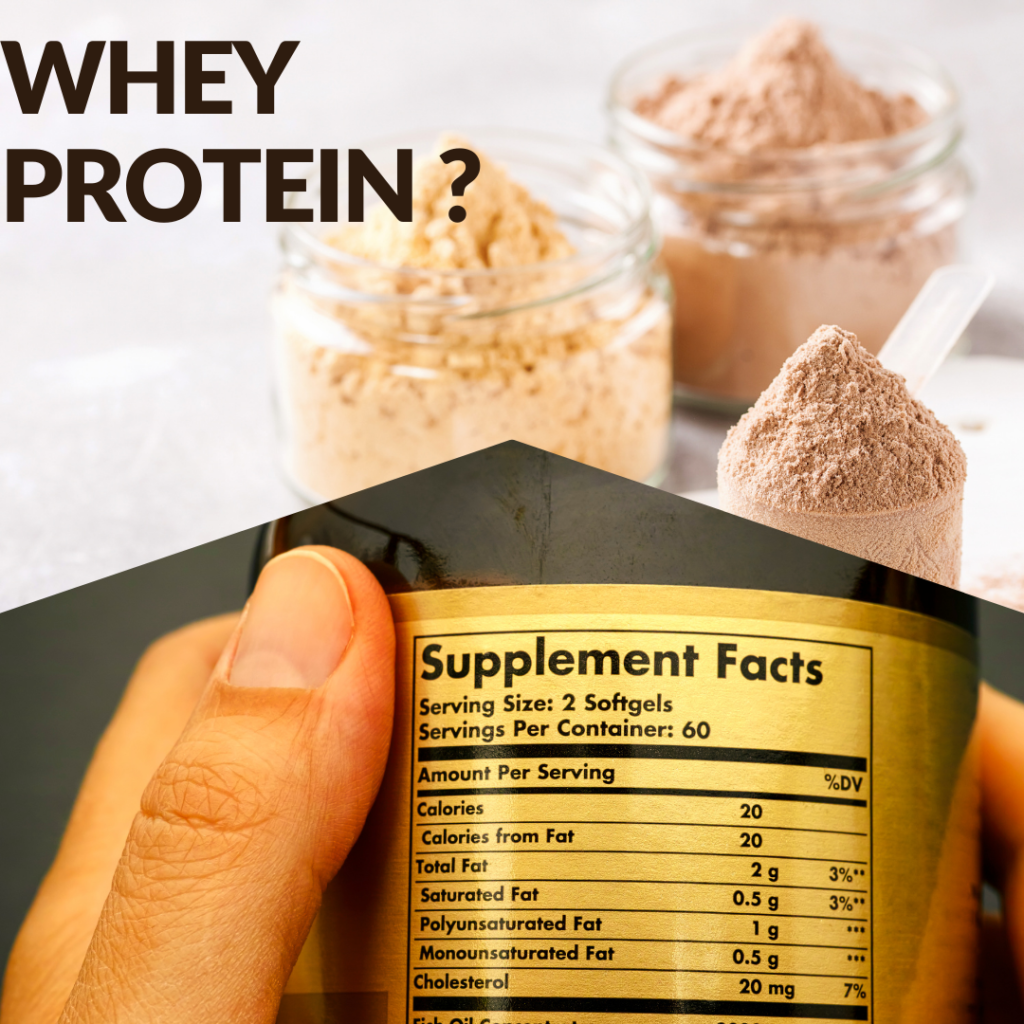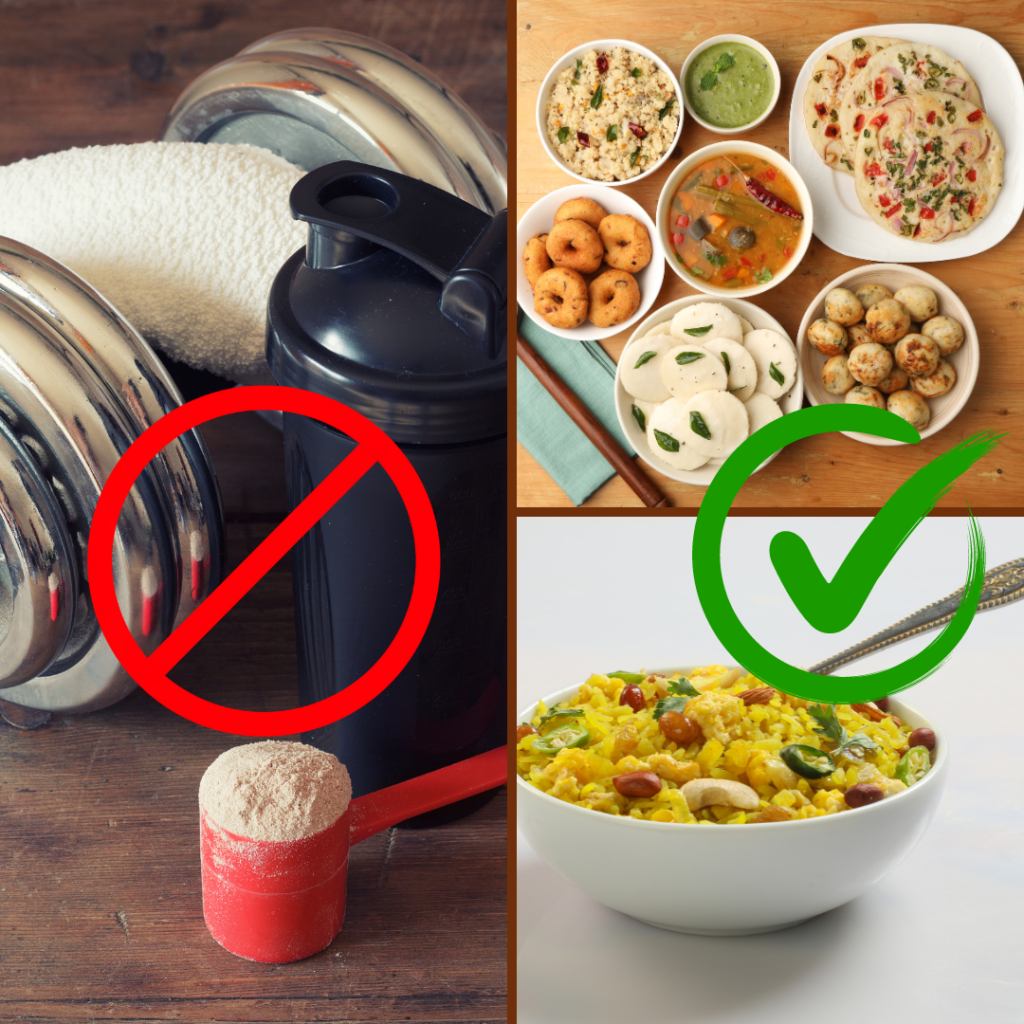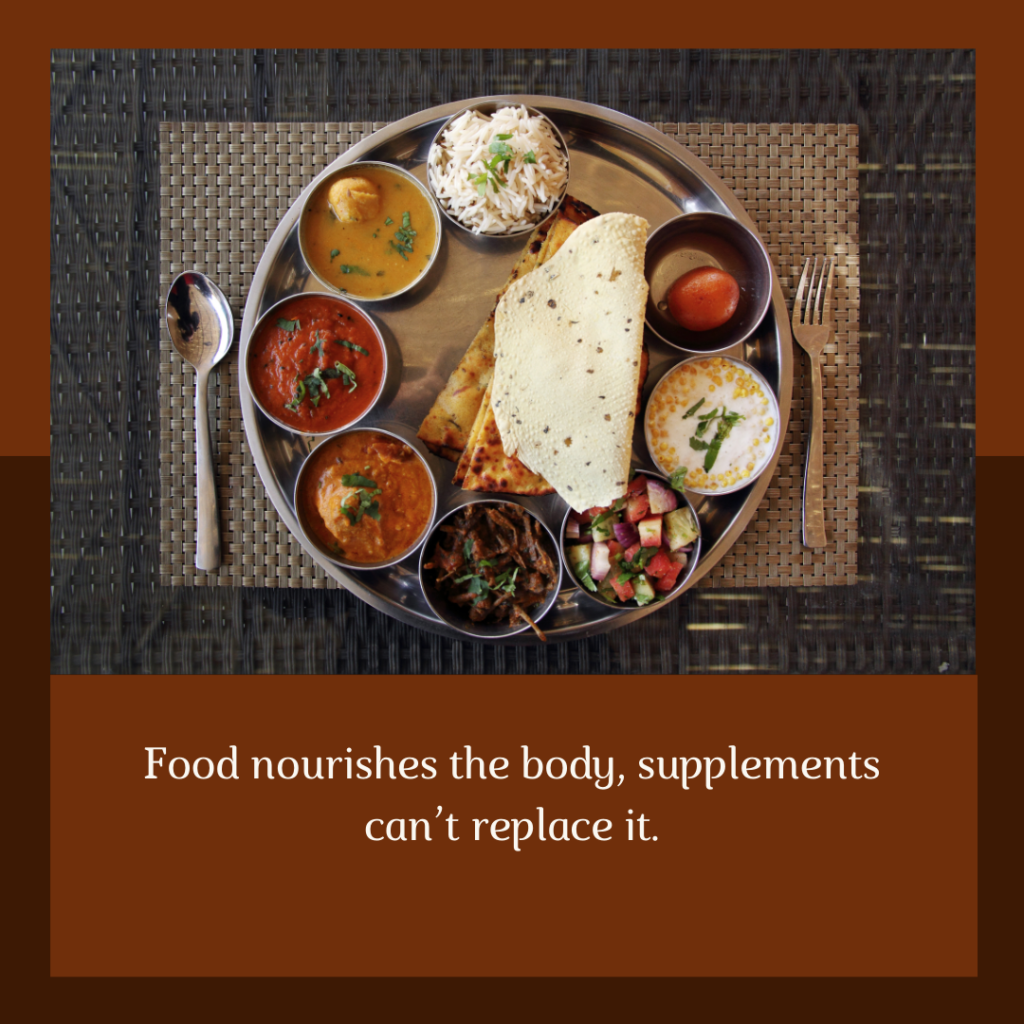Introduction:
Many of us struggle to find time for healthy meals and adequate nutrition in today’s fast-paced world. It frequently seems like there isn’t enough time for health because of social obligations, work demands, and family responsibilities. Nutraceuticals, those quick-fix products that claim to close the gap, come into play. But how helpful are they, and what should we keep in mind when using them? Let’s explore.

The Rise of Nutraceuticals in India:

The nutraceutical market is growing in India. Nutraceutical products are being used by an increasing number of people to improve general health, sustain energy levels, and meet their daily nutritional demands. There’s something for everyone with supplements ranging from herbal extracts to protein supplements.
Nutraceuticals may appear like a miracle cure, but before using them, it’s important to know what they are, how they function, and whether you’re using them appropriately. In India, we’ve seen a demand of such products on supermarket shelves and in online stores—whether it’s a protein shake to kick-start your morning, capsules of ashwagandha for stress relief, or turmeric lattes claiming to enhance immunity.
Types of Nutraceuticals:
Although they come from natural food sources, nutraceuticals can have very different forms and purposes. Here are a few of the main categories:
- Dietary Supplements: These include vitamins, minerals, amino acids, and proteins (e.g., multivitamin tablets, fish oil capsules, calcium supplements).
2. Functional Foods: These are foods fortified with additional nutrients (e.g., fortified cereals, probiotic yogurt and calcium-enriched orange juice).
3. Herbal Extracts: Nutraceuticals derived from medicinal plants like turmeric, ginger, and ashwagandha.
4. Probiotics: These are “good bacteria” that are beneficial to gut health and can be found in foods like yogurt and supplements.
5. Prebiotics: Non-digestible fibers found in foods like bananas and onions, or as supplements, that promote the growth of healthy bacteria in the gut.
Why this surge? Here are the reasons:

- Busy lifestyles: People just don’t have the time to cook balanced meals anymore.
- Health awareness: Post-pandemic, there’s been a significant shift toward preventive healthcare, and nutraceuticals fit right in.
- Digestive Health: With increasing cases of digestive issues due to stress and poor diets, probiotics and prebiotics in supplements are becoming household staples.
- Quick Stress Relief: Adaptogens like ashwagandha are popular for reducing stress and improving sleep. You’ll find them in capsule form, powders, or infused teas.
Nutraceuticals: A Common Quick Fix:

Consider protein supplements, for example. If you’re a person who is constantly on the go, you have undoubtedly experienced times when preparing a breakfast seemed impossible. Protein smoothies or bars look like the perfect solution. The problem is that, although they might make you feel fuller and give you a fast energy boost, do they actually replace the vital nutrients that, for example, a traditional Indian lunch like poha, upma, or idlis, would provide? Not really. Protein powders often are devoid of the fiber, vitamins, and minerals you’d get from whole foods.
A great example is the growing trend of meal replacement shakes, where people skip full meals for a scoop of powder mixed with water or milk.
While it may be practical, is it sustainable over time? Indian food is nutrient-dense, so although shakes might be convenient, easy to use for fast paced lifestyle, meals shouldn’t be permanently replaced with them.
The Nutraceuticals Craze and the Indian Workday:
A typical Indian workday, especially in metro cities even in Tire 2 cities appears to be a never-ending battle against the clock.
Between traffic jams, endless meetings, and tight deadlines, eating healthy becomes an afterthought. This is the point at which nutraceuticals—such as omega-3 supplements, energy drinks, and multivitamins—are pushed as “quick fixes” to make up for the nutrients we don’t get during the day.
The popularity of ashwagandha, turmeric pills, which are supposed to relieve fatigue and stress & boost immunity, is one recent example. Although these have been traditional herbs used for millennia, are now available as energy bars, powders, and pill forms. It’s undoubtedly a fantastic adaptogen, but the way it’s being promoted raises questions about whether we’re attempting to treat the symptoms of a busy lifestyle rather than the root cause.
Post-Pandemic Immunity Campaigns:

Immunity has become a household buzzword in the wake of the pandemic. Seizing the opportunity, nutraceutical companies launched immunity-boosting products—think turmeric shots and amla gummies. Although these are undoubtedly helpful, do we really need to take a pill for every situation?
For years, Indian households have relied on haldi doodh, or turmeric milk, as a remedy for colds. You may now purchase haldi pills or pre-packaged turmeric lattes. Yes, it’s practical, but isn’t part of maintaining good health also about making time to prepare and consume a healthy diet? Maybe what we need is a little more balance— haldi from the kitchen spice jar when you have a moment. A good example of products like Amla Juice and Tulsi Juice for daily immunity. These are great products, particularly if you can’t get hold of fresh ingredients. Still, you can lose out on the flavor of a home-cooked Indian dish if you only use these quick remedies.
Good, Bad, or Addictive?

Here comes the real question: Are these nutraceuticals good for us? Or are they merely an additional comfort that we have come to rely on due to our inability to keep up with our hectic lives? Nutraceuticals are undoubtedly beneficial since they bridge nutritional gaps in our diets, particularly in situations where we actually lack the time to cook wholesome meals. For example, people who don’t get enough fatty fish or flaxseeds in their diet would benefit greatly from taking Omega-3 supplements. Similarly, multivitamins can assist make sure we don’t lose out on important micronutrients, especially when it comes to the nutrient-deficient meals that are typical in urban areas.
But, and this is crucial to understand, they cannot take the place of whole foods. It can be detrimental to rely too much on nutraceuticals if we start to use them in place of healthy meals. The nutrient synergy that whole foods offer is absent from them. Furthermore, taking supplements in excess can sometimes lead to side effects. Take caffeine supplements for energy, which are often marketed under the guise of enhancing focus and reducing fatigue. They can be beneficial when used in moderation, but when used excessively, they can lead to dependency or even health issues like anxiety, high blood pressure, or digestive problems. Similarly, if protein powders are used in excess, it might cause renal discomfort or nutritional imbalances in other areas.
Where do we draw the line?
The key is to recognize that nutraceuticals are supplements—they should supplement, not replace, a balanced diet. It’s acceptable to occasionally grab a protein drink instead of breakfast if you don’t have time for breakfast. But if you’re doing this every day, it’s time to rethink your routine.
It is easy to obtain our nutrients from traditional meals in India because we have access to a wide range of rich, whole foods—think pulses, grains, veggies, fruits, and spices. Nutraceuticals can help us when life gets too busy, but the goal should always be to return to a more holistic, balanced approach to health. Let’s also not forget that India has a strong tradition which focuses on fresh, regional, seasonal food-based solutions for health. Although these traditions are greatly influenced by Nutraceuticals, the original practice prioritizes long-term wellness, balance, and awareness over quick fixes.
Reasons to Consult Professionals:
It’s important to keep in mind that there isn’t a “one size fits all” approach while taking supplements or medications. Seeking advice from a dietitian or other medical professional can assist you in avoiding the dangers connected to improper or overuse. This is the reason why:
- Individual Needs Differs: Not everyone has the same nutritional needs. While you may believe you require extra vitamins or omega-3s, a blood test may reveal otherwise. Supplementing at random might result in nutrient imbalances, such as taking too much iron or vitamin A.
- Possible Drug Interactions: Some nutraceuticals may limit the effectiveness of medications you’re already taking for conditions like anxiety, diabetes, or hypertension. Curcumin, for instance, may interact with blood thinners and several diabetes drugs, perhaps leading to problems.
- Over-dosage Risks: Excessive consumption of any supplement, including natural ones, might have negative consequences. For example, excessive dosages of vitamin D supplements can cause toxicity and result in symptoms such as nausea, renal difficulties, and elevated blood calcium levels.
- Quality and Safety: To lower the possibility of contamination or false advertising, a nutritionist might suggest premium products that are subjected to independent testing. Many over-the-counter supplements might not adhere to safety regulations or have the precise dosages that are advertised.
Conclusion:
So, are nutraceuticals good or bad for busy lifestyles? Like most things in life, the answer lies in balance. They’re an excellent resource when managing several obligations, but they shouldn’t be relied upon permanently. After all, our health isn’t just about popping pills or mixing powders—it’s about making conscious choices, even in small moments, to nourish our bodies.
“So, the next time you reach for that capsule, will you remember that your kitchen might just hold the best nutraceutical for long-term health?”

Great insights on how nutraceuticals can be a quick and effective solution for busy lifestyles! I appreciate the points on how they help fill nutritional gaps and promote overall wellness. At Food Research Lab, we help ensure that nutraceutical products meet rigorous quality and safety standards. It’s crucial to note that while nutraceuticals can supplement a healthy lifestyle, they should not replace balanced meals.
Could you provide more information on how certain nutraceuticals target specific health issues?